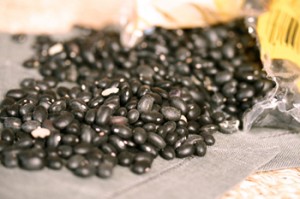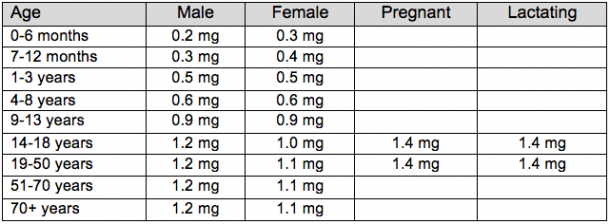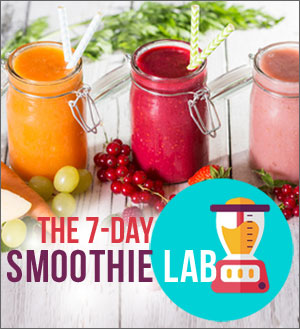 Vitamin B1, or thiamin, is an essential co-factor for enzyme reactions that control energy and glucose metabolism.
Vitamin B1, or thiamin, is an essential co-factor for enzyme reactions that control energy and glucose metabolism.
It also plays a role in the synthesis of genetic building blocks like nucleic acids, DNA and RNA.
Recommended Dietary Allowances for Vitamin B1
 Source: Food and Nutrition Board, Institute of Medicine, National Academies
Source: Food and Nutrition Board, Institute of Medicine, National Academies
Which Foods Have Vitamin B1?
Rice, white enriched
Wheat flour, white enriched
Pork and ham
Liver
Whole wheat flour
Orange juice
Cornmeal
Buckwheat flour
Peas
Black eyed peas
Navy beans
Black beans
Oat bran
Lentils
Pinto beans
Ready-to-eat cereals are typically fortified with vitamin B1, and frequently provide an entire day’s recommended intake in one serving. Because white enriched flour is fortified with B1, products made with that flour, such as bread, are also good sources. Whole grain breads and cereals contain naturally high levels of thiamin.
What Happens If You Don’t Get Enough Vitamin B1
Vitamin B1 deficiency was first documented in China almost 5000 years ago. The characteristic symptoms include neuropathy, enlarged heart, rapid heart beat muscle weakness and pain, and cognitive and memory problems.
Deficient intake is one cause, but B1 deficiency can also be caused by certain medical conditions, use of diuretics and alcoholism. Alcoholics can develop Wernicke’s encephalopathy or Korsakoff’s psychosis, both caused by thiamin deficiency. In some countries, B1 deficiency syndromes are associated with seasonal consumption of native foods like ferns, worms and certain raw fish, which are known to contain anti-thiamin chemicals.
In the US, fortification of flour and cereals has largely prevented widespread vitamin B1 deficiencies, but in countries where processed grains are not fortified with vitamins, deficiencies are more common.
Because B1 is essential for energy metabolism, people who are extremely active may have a higher requirement. Fevers, growth and pregnancy also increase the requirement. However, the increase is not large. A pregnant 30 year old woman only needs to consume 0.3 mg more than a non-pregnant woman. That amount is easily obtained from foods high in B1.
Since B1 deficiency is linked to cognitive and memory problems, as well as heart failure, research has examined whether the vitamin is useful in treating or preventing any of these conditions. The research to date shows no evidence that B1 either prevents or treats such diseases.


 Are you ready to look better, feel more energized, and get back that youthful feeling you remember having as a kid? I can help you on a journey that will change the way you eat — for good. My
Are you ready to look better, feel more energized, and get back that youthful feeling you remember having as a kid? I can help you on a journey that will change the way you eat — for good. My 














 As a healthy cooking expert, health coach and TV host,
As a healthy cooking expert, health coach and TV host, 



Speak Your Mind